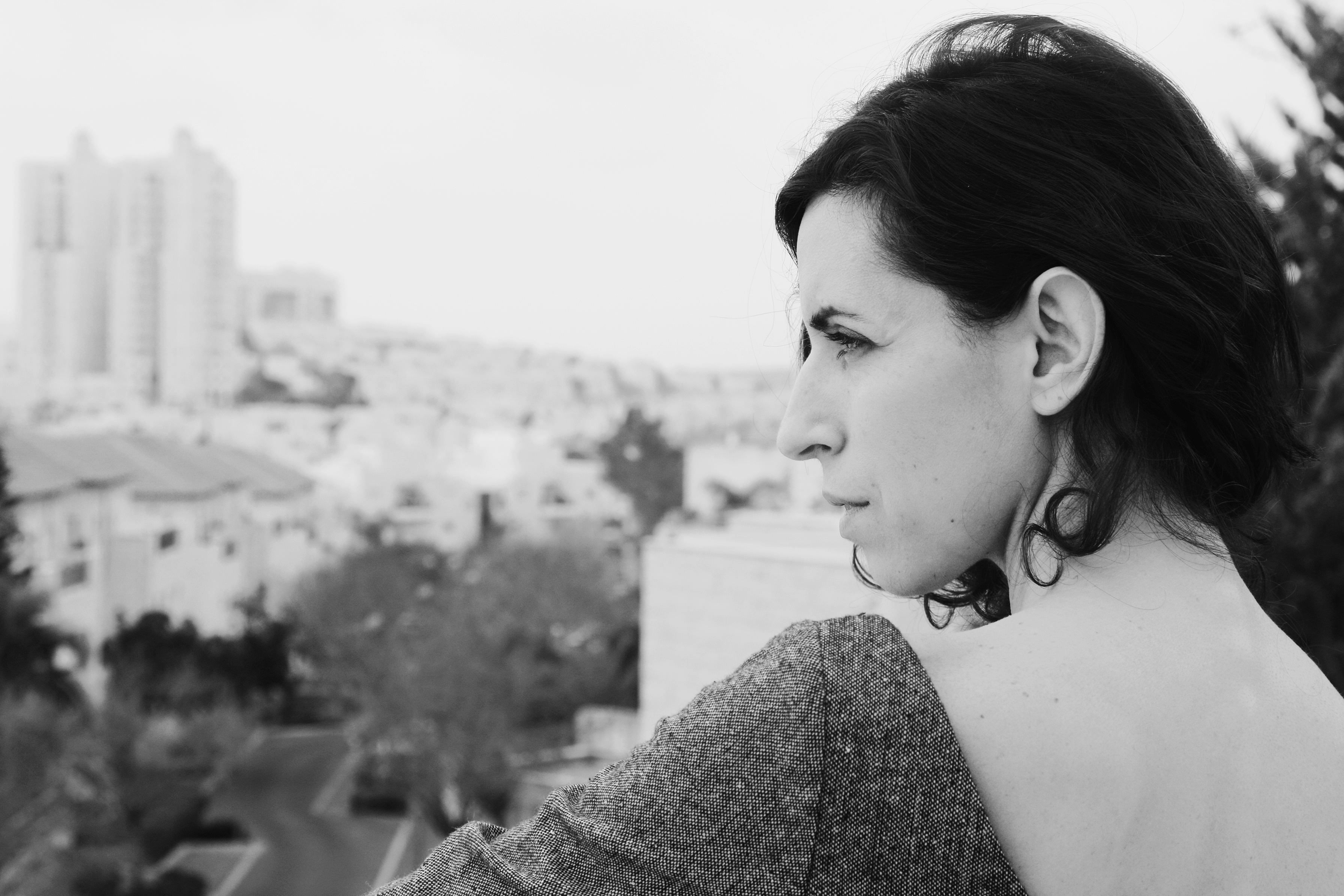People delve into self-destructive behaviors sometimes, it’s part of being human.
I’m in hot mess mode this week.
It was amateur night last night, don’t even ask me what I was thinking.
(and the ever-popular)
Don’t judge me.
We all hit rough patches and go through periods where we’re just not ourselves.
We feel kind of ‘off,’ make bad choices, make things more difficult on ourselves than they need to be–it happens. We bounce back.
But what happens when people don’t bounce back? How far down the rabbit hole can you chase someone before getting lost inside yourself?
For anyone who has ever loved someone who is addicted to something destructive (another person, drugs, food, alcohol, chaos) and continually refuses help, at some point you either have to — as the zen saying goes — let go or be dragged.
Letting go can feel like complete treachery, but allowing someone to encounter the natural consequences of their destructive choices can be one of the most loving gestures of all.
If you’re repeatedly preventing the natural, negative consequences from arising, you’re not only not helping, but you’re actually making it easier for that person to engage in their destructive behaviors (i.e. enabling).
The moment you decide it’s time to let go isn’t usually a moment at all, it’s a process.
The process of letting go looks like you stepping away from martyrdom and stepping towards consistent choices to take good care of yourself and attend wholeheartedly to your own life. In doing this, you position yourself so that if/when the person you care for is ready to accept help and change, you will be there– fully present, fully able, fully ready to help.
Below is an excerpt about what it means and doesn’t mean to let go.
“TO LET GO”
{-author unknown}
To let go doesn’t mean to stop caring,
it means I can’t do it for someone else.
To let go is not to cut myself off,
It’s the realization that I can’t control another.
To let go is to admit powerlessness,
which means the outcome is not in my hands.
To let go is not to care for,
but to care about.
To let go is not to fix,
but to be supportive.
To let go is not to judge,
but to allow another to be a human being.
To let go is not to be in the middle, arranging all the outcomes,
but to allow others to affect their own future.
To let go is not to deny,
but to accept.
To let go is not to nag, scold, or argue,
but instead to search out my own shortcomings and correct them.
To let go is not to regret the past,
but to grow and live for the future.
To let go is to fear less and love more.
Katherine Schafler is an NYC-based psychotherapist, writer and speaker. For more of her work, join her newsletter community, read her blog, or follow her on Instagram.


